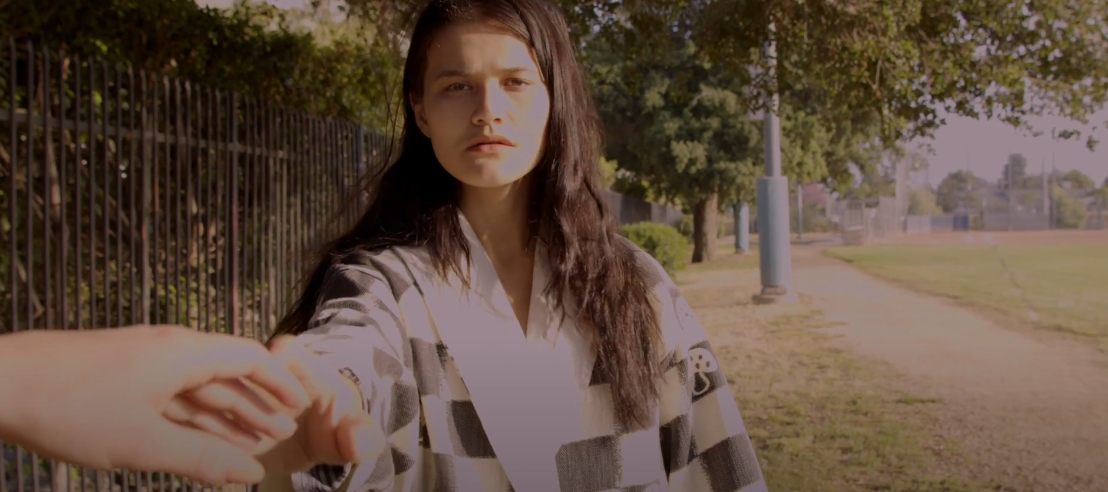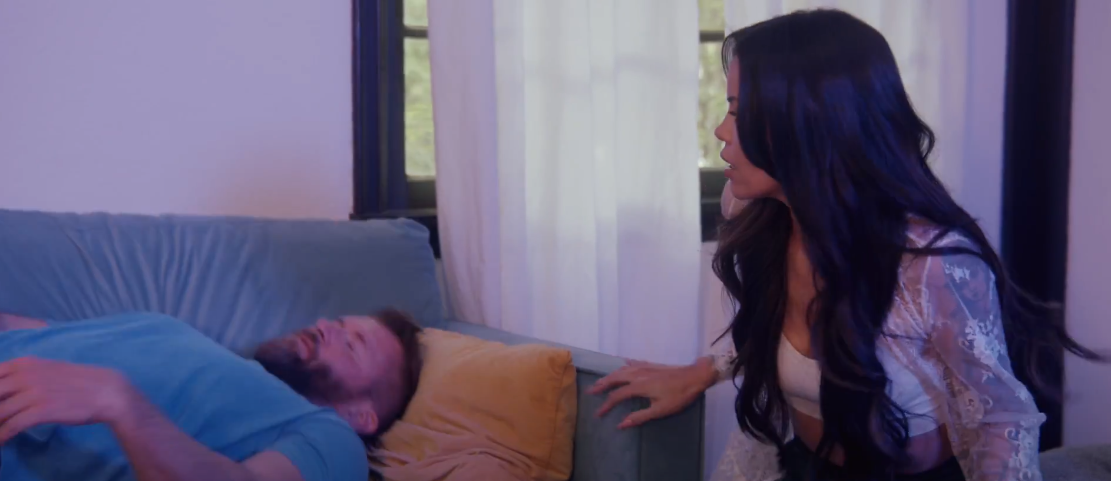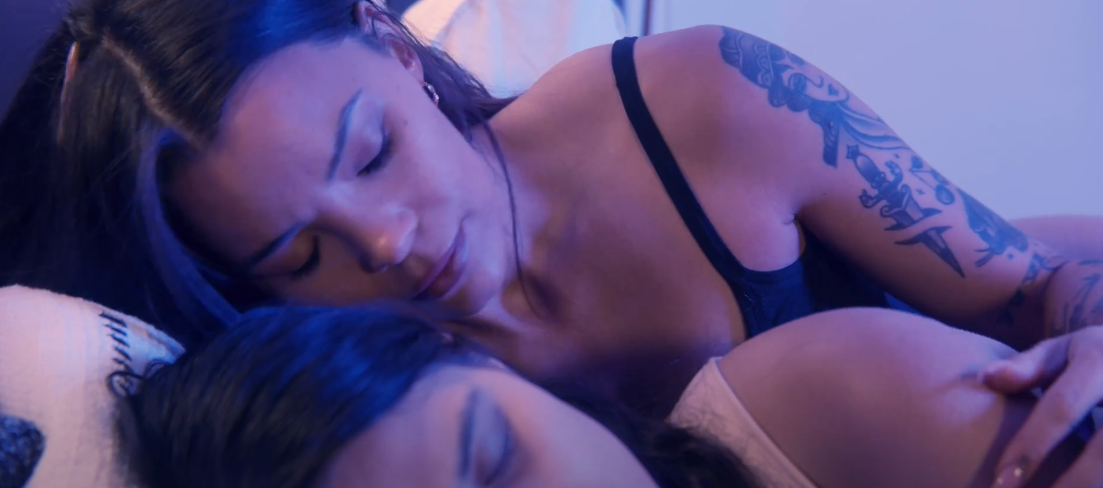Rich Mallery returns with Borderline, a raw and uncompromising dive into the life of Charli, a young woman caught in the relentless grip of mental illness and narcotic addiction. Following Mallery’s previous work, Maid Droid, this film eschews buildup or context, thrusting the audience immediately into Charli’s chaotic world. It’s a daring choice that both grabs attention and leaves little room for narrative breathing, but it works to immerse viewers in her unrelenting spiral.
Kate Lý Johnston delivers a compelling performance as Charli, capturing the extreme selfishness, desperation, and fleeting humanity of someone driven by addiction. From petty thefts to manipulations of friends, family, and her boyfriend, every act revolves around her next fix. Johnston’s portrayal is unflinching, at times uncomfortable to watch, but always convincing. The supporting cast, particularly Charli’s roommate and friend, adds an interesting layer. Unlike Charli, she maintains a level head, and her enduring loyalty provides moments of genuine emotional realism amidst the chaos.
The film’s London setting adds a sense of mundanity to the narrative. Much of the movie involves walking, talking, and observing life in its bleak everydayness—a stylistic choice that underlines the monotony and despair of Charli’s existence. However, this approach can also feel aimless at times, with some dialogue-heavy stretches that offer little narrative payoff. A passerby’s shouted commentary—“Faithless generation, unhappy life”—feels like a meta observation, though it also highlights the film’s occasional tendency toward blunt social commentary.
Where Borderline succeeds is in its unflinching realism. The depiction of drug use, withdrawals, and the morally compromised choices addicts make is handled with grit and honesty. Nudity and other explicit elements are presented realistically, avoiding gratuitousness and reinforcing the authenticity of the characters’ lives. While the film doesn’t break new ground in the genre or deliver the shocking lows seen in works like Requiem or Euphoria, it captures the day-to-day torments of opiate addiction with rare fidelity.
Budget constraints are evident in the supporting cast and production design, but the core story and lead performance are strong enough to hold the audience’s attention throughout. Ultimately, Borderline may not be a perfect or groundbreaking film, but it is a solid, earnest portrayal of addiction and friendship. It is particularly recommended for those who have experienced similar struggles or seek a glimpse into the harsh realities of drug dependency.
Jessie Hobson



